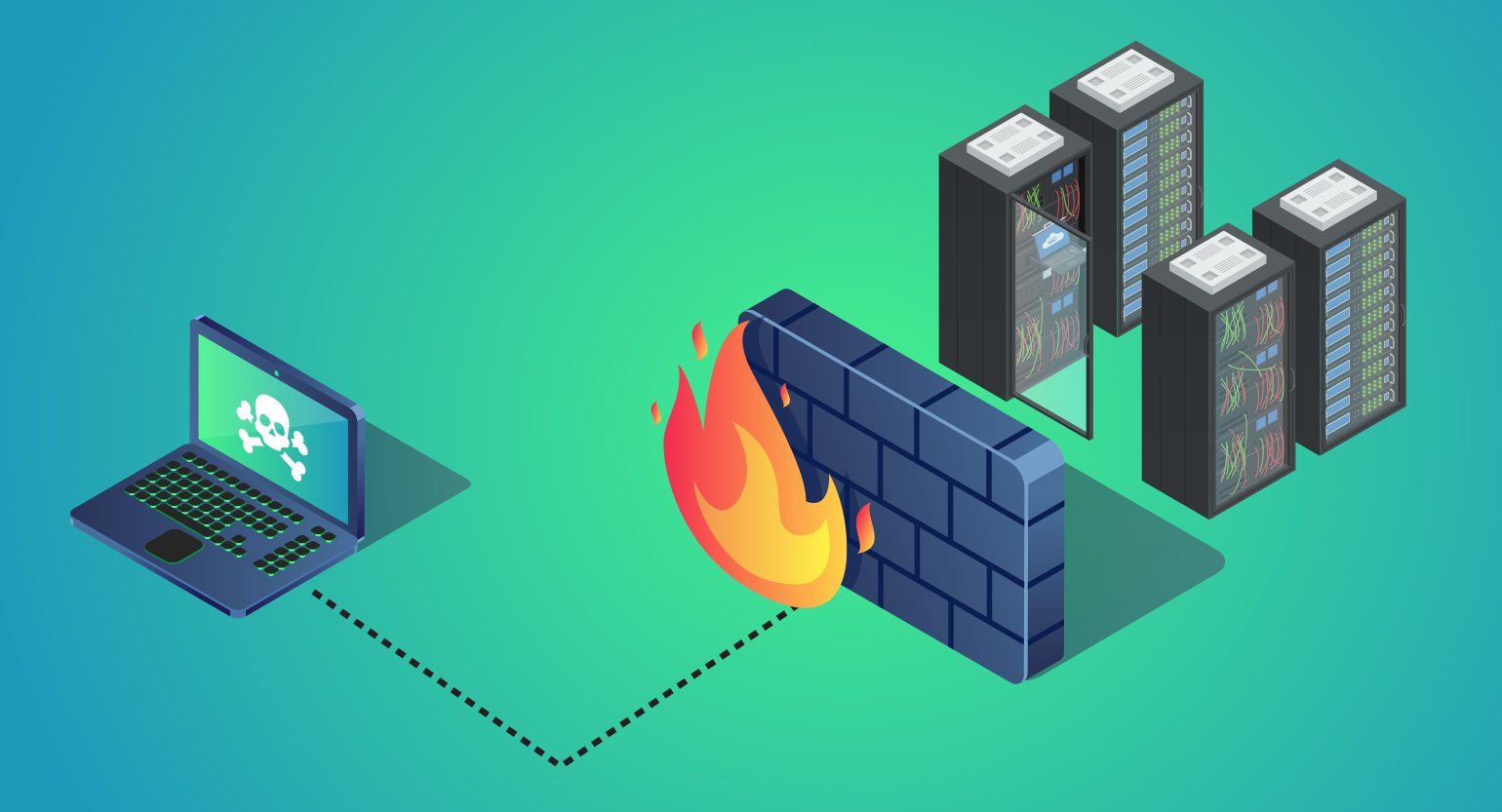Differences Between Hardware And Software Firewall
In the ever-evolving landscape of digital security, the distinction between hardware and software firewalls has become a pivotal point of discussion for businesses and individual users alike. This division not only highlights the technological advancements in safeguarding networks but also underscores the strategic decisions required to optimize protection in varying environments. As cyber threats grow more sophisticated, understanding the nuanced roles and benefits of each firewall type is essential for implementing a robust security posture.
The Essential Role of Firewalls in Modern Network Security
Firewalls serve as the guardians at the gate of network security, meticulously monitoring and controlling the flow of traffic between devices and the internet. Their primary function is to establish a barrier that prevents unauthorized access while allowing legitimate communication to pass. In today’s digital age, where data breaches and cyber-attacks are increasingly common, the importance of firewalls cannot be overstated. They are not just tools but critical infrastructure components that defend against the vast spectrum of cyber threats, from malware and viruses to sophisticated hacking attempts. By filtering incoming and outgoing data based on predefined security rules, firewalls play a crucial role in maintaining the integrity and confidentiality of sensitive information.
Core Differences: Hardware and Software Firewalls Uncovered
The fundamental distinction between hardware and software firewalls lies in their deployment and operational methodologies. Hardware firewalls, embodied within physical devices, act as a standalone barrier situated at the network’s perimeter. These devices are specifically designed with the singular purpose of network protection, equipped with their own CPU, memory, and operating system to handle traffic independently of the host network’s resources. This separation ensures that the firewall’s performance does not directly impact the network’s overall operation, providing a dedicated and efficient layer of defence.
Conversely, software firewalls are integrated applications residing on individual computing devices, such as desktops, laptops, and servers. These programs leverage the host device’s resources to inspect and manage network traffic on a per-device basis. The advantage of software firewalls lies in their adaptability and the granularity of control they offer, allowing users to tailor security settings to the specific needs of each device. This flexibility makes software firewalls particularly appealing for environments where customized protection is paramount.
Implementation and Network Protection: A Comparative Overview
When it comes to implementation, hardware and software firewalls present distinct approaches to network protection. Hardware firewalls, positioned at the network’s gateway, provide a comprehensive shield that secures all devices connected to the network without the need for individual configuration. This holistic approach to security simplifies management for large networks and minimizes the risk of unprotected endpoints. However, the complexity and cost associated with hardware firewalls can be a barrier for smaller organizations and home users, where the technical expertise and budget may be limited.
Analyzing Costs and Performance Impact
The choice between hardware and software firewalls is primarily influenced by cost and performance impact. Hardware firewalls entail a higher initial cost but offer better long-term performance by handling large traffic volumes without straining network resources. Software firewalls are more cost-effective upfront and are often included in operating systems, making them attractive to small businesses and individual users. However, they may slow down older or less powerful devices and incur higher operational costs over time due to maintenance and upgrades, impacting the total cost of ownership.

The Financial and Operational Considerations of Firewall Choices
Selecting hardware versus software firewalls requires evaluating budget, network size, and performance needs. Hardware firewalls, suitable for large networks, offer scalability and reduced maintenance, justifying their higher initial cost with potential operational savings. Software firewalls, preferred for smaller networks or individual use, provide cost efficiency and customization but can complicate security management due to the need for individual updates and installations. The decision hinges on balancing upfront costs with long-term operational expenses and performance considerations.
Configuration and Security Features
Configuring and managing firewalls significantly impacts their effectiveness against cyber threats. Hardware firewalls require technical expertise due to their complex setup and the need for precise network architecture alignment, but they provide robust security features like deep packet inspection and intrusion prevention. Conversely, software firewalls are easier to configure, thanks to their OS integration and user-friendly interfaces, allowing detailed control over application internet access. Although they may lack some advanced features of hardware firewalls, software firewalls are evolving to offer sophisticated capabilities that compete with hardware solutions in various scenarios.
Navigating Complexity and Advanced Protection Capabilities
Configuring firewalls effectively requires a strategic approach to utilize their complex, advanced features. Businesses often choose hardware firewalls for their comprehensive security and ability to protect against sophisticated threats, thanks to their granular policies and advanced technologies. On the other hand, software firewalls are valued for their flexibility, allowing for customized security settings per device and application, thereby enhancing security while maintaining performance. With advancements in technology, software firewalls are increasingly incorporating features like behavioral analysis and automatic updates, traditionally associated with hardware solutions.
Flexibility, Updates, and Scalability
The effectiveness of firewalls in combating the evolving nature of cyber threats hinges on their adaptability, update convenience, and scalability. Hardware firewalls are highly scalable, and capable of handling increased traffic and network growth, though updating them can be cumbersome, requiring manual firmware upgrades. Conversely, software firewalls excel in flexibility and ease of updates, with automated processes ensuring they stay current with the latest defenses. However, scaling software firewalls poses challenges due to the need for individual installation and configuration on each device, complicating management as device numbers increase.
Adapting to Changing Security Needs and Network Growth
The ability to adapt to changing security needs and network growth is paramount in the selection of a firewall. Hardware firewalls offer a solid foundation for networks with growth potential, providing a scalable security solution that can evolve with the organization. Their dedicated nature ensures that performance is not compromised as network demands increase. On the other hand, software firewalls offer unparalleled flexibility, allowing for rapid adaptation to new security challenges. Their scalability, however, is dependent on the capacity of the individual devices they protect, necessitating careful consideration of the overall security strategy as the network expands.
In concluding the discourse on the pivotal distinctions between hardware and software firewalls, it’s clear that the choice encompasses much more than mere technical preference; it fundamentally aligns with the nuanced needs, budgetary considerations, and strategic security objectives specific to each network environment. Whether it’s the robust, all-encompassing defense offered by hardware firewalls, ideal for organizations with complex network infrastructures, or the adaptable, device-specific protection afforded by software firewalls, suitable for dynamic or individual setups, the decision critically influences the network’s security posture. The optimal firewall solution, possibly a strategic blend of both types, hinges on a comprehensive evaluation of operational requirements, scalability concerns, and the evolving landscape of cyber threats, aiming to craft a fortified digital bastion that safeguards vital data and systems against the ceaselessly evolving cyber threats.







